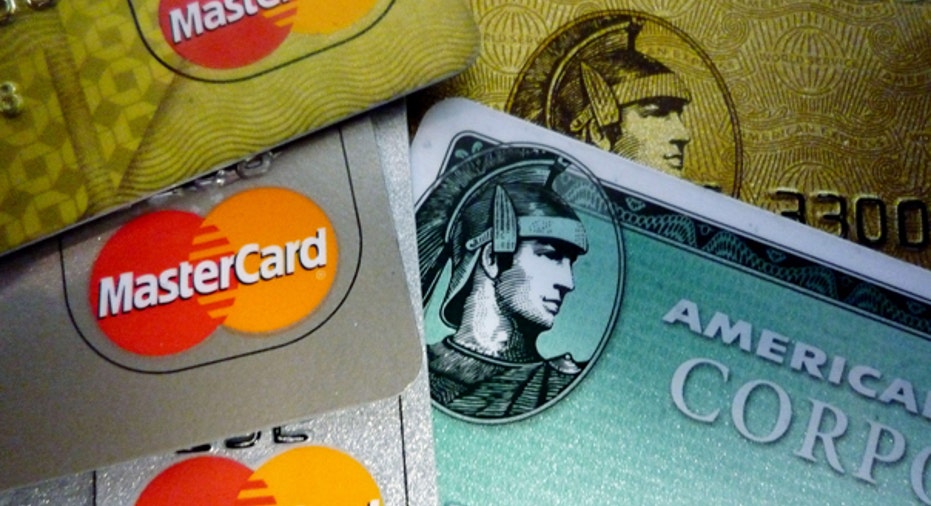Keep Things Simple With a Cash Back Credit Card

Dear Cashing In,
I have yet to get a rewards card, primarily because they seem so complicated. I like to keep things simple. Are there rewards cards out there that are geared toward people like me -- who don't want to spend a lot of time keeping track of spending and points and one where the rewards are easy to redeem?
- Kelly
Dear Kelly,
Some rewards programs are more convoluted than others, especially when it comes to redeeming those rewards.
Honestly, the simplest reward is probably cash back. Spend X amount of dollars, get X amount of cash automatically credited to your account. Because it's cash, you can spend it wherever you want and don't have to wait for miles to pile up, translate points into currency or limit your reward redemption to the program's catalogue.
Of course, you are limited by the card's pay-per-dollar proposition. Most cash-back cards offer 1% on whatever you spend. The Capital One Cash Rewards card, for example, comes with no annual fee and an annual 50% bonus on the cash rewards earned.
Cash-back is not a very glamorous reward system, but if ease-of-use is your primary goal, it's probably the way to go. Some would argue the standard 1% per dollar card ends up delivering more value than many points- or miles-based programs, especially if you never end up with enough points to book your travel.
If you're trying to keep things simple, avoid cards that offer promotions you have to register for, such as the Citi ThankYou card, or revolving rewards categories, such as Discover More. Revolving categories can look great on paper (how can you beat 5% back on everyday purchases such as gas and groceries?), but they change every three months. Just as you're getting used to the gas rewards, the payoff switches to restaurants and movies, which may or may not fit your agenda.
On top of that, you have to remember to register for the new rewards category every quarter. Those 5% rewards don't just start automatically accruing. It can be kind of annoying to drop $150 at a restaurant and realize you forgot to register for the restaurant rewards. For people who love the idea of getting a deal and are good at scheduling tasks, it can become a kind of game to keep up with this. But if you're looking to simplify? Not the best option.
If you're looking to get extra points for gas and groceries, it might make more sense to get a card that rewards those purchases on an ongoing (rather than revolving) basis. The Barlaycard Rewards MasterCard offers 2 points per dollar spent on gas, grocery and utility purchases, on top of the standard 1 point per dollar on everything else. You can use the points like cash on almost any purchase with no blackout dates, limits or redemption fees.
Beware of cards labeled "easy." It might be easy to accrue the points, but not so easy to get significant rewards out of them. TD Easy Rewards Visa Card, for example, pays a standard 1 point per dollar spent, but when you go to redeem your award on its website, you'll find those points don't deliver the value of a cash-back card's 1%. For example, TD's rewards site offers a $25 Amazon gift card for 4,500 points, which means your points are worth slightly more than a .5%. (Other rewards on the site work out a little better, but still significantly less than 1%.)
What you don't want to do is trade convenience for value. If you're getting half the rewards for the same spend, what's the point of having a rewards card? Your goal should be to maximize your payback while minimizing your headache.



















